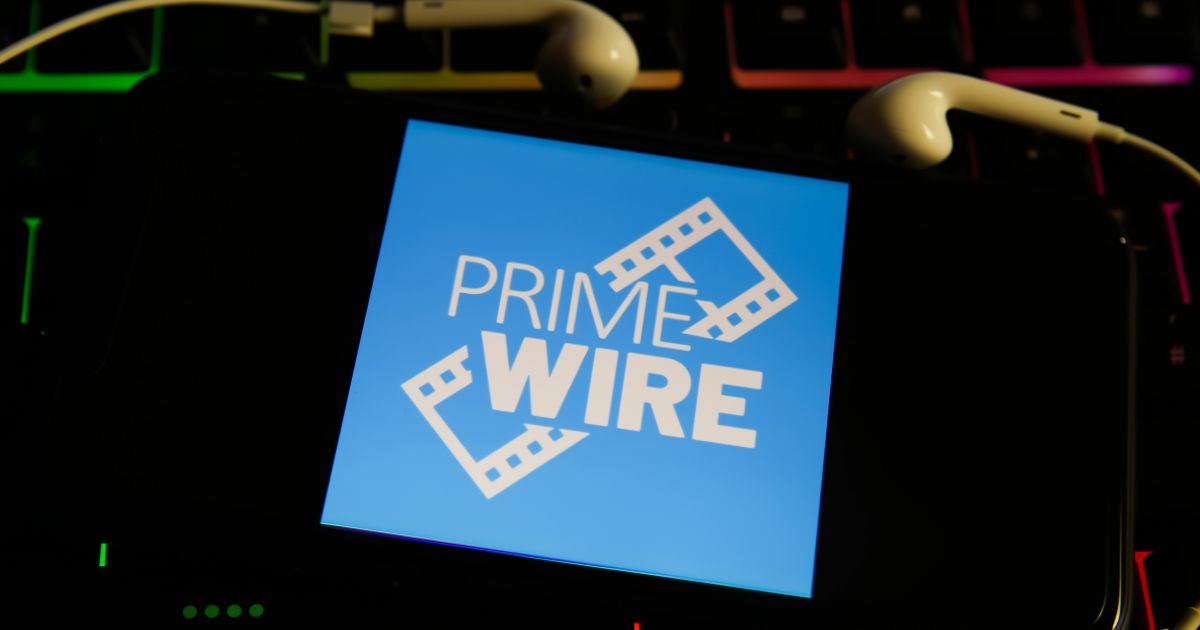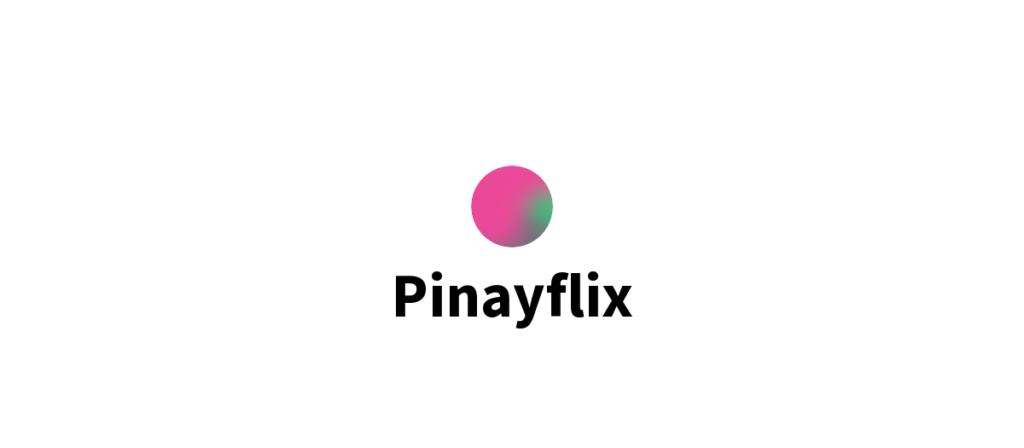PrimeWire was once a popular website among movie enthusiasts, offering free access to a vast library of films, TV shows, and documentaries. As streaming gained dominance in the entertainment industry, PrimeWire emerged as a go-to platform for people who wanted to watch content without subscribing to paid services like Netflix or Hulu. However, its rise was fraught with legal challenges and controversies, eventually leading to its downfall.
In this article, we’ll delve into PrimeWire’s history, how it operated, its legal battles, and its current status in the digital landscape.
The Rise of PrimeWire
PrimeWire first appeared in the mid-2010s as part of a group of similar streaming platforms, which included names like Putlocker and 123Movies. These platforms allowed users to stream and, in some cases, download movies and TV shows for free. Unlike legitimate streaming services, PrimeWire didn’t host the content itself. Instead, it functioned as an indexing service, linking to third-party sites where users could access the desired media.
Because of its ease of use and large content library, PrimeWire quickly gained a large user base. The platform offered a wide range of films, including newly released blockbusters and hard-to-find classics, making it a popular choice for casual viewers and movie buffs alike.
How PrimeWire Worked
PrimeWire’s model was simple: it acted as an aggregator of content from various file-hosting and streaming websites. Users could search for movies or TV shows, and the site would provide multiple links to third-party websites that hosted the actual video files. It didn’t charge for access, making revenue through advertisements instead. This approach allowed PrimeWire to stay in operation longer than some of its competitors, as the platform itself did not host or upload any copyrighted material.
While this model seemed clever on paper, it still violated copyright laws by facilitating access to pirated content. PrimeWire was essentially offering a catalog of pirated media, even if it wasn’t directly responsible for hosting the files. This gray area was the source of much of its legal trouble.
Legal Issues and Crackdowns
Given its nature, PrimeWire soon found itself in the crosshairs of copyright holders and international authorities. Studios and content creators began filing lawsuits, demanding the platform be shut down for enabling piracy. Many of these legal challenges were led by the Motion Picture Association (MPA) and other organizations dedicated to protecting intellectual property.
The first wave of crackdowns came in the form of domain seizures and blocks. Various countries, including the United States and parts of Europe, began to block access to PrimeWire through Internet service providers (ISPs). The site responded by changing domains or operating through mirror sites, a strategy commonly employed by piracy platforms to evade shutdowns.
Despite these efforts, PrimeWire’s user base dwindled over time as the legal pressure mounted. Additionally, many users became wary of the increasing number of malicious ads and potential security risks, such as malware infections that could occur while using the site.
Shutting Down and Resurrecting
PrimeWire has been shut down and resurrected multiple times under different domains and variations of the original name. In 2021, PrimeWire’s original domain was permanently taken offline following lawsuits, marking one of the most significant crackdowns on the platform. Even though some mirror sites still exist, they lack the credibility and user base of the original site, and many have been plagued by security concerns.
As of 2024, PrimeWire’s original model no longer functions at the scale it once did, and the site remains a shadow of its former self. Most users have migrated to either legal streaming services or other piracy platforms, while governments and copyright holders continue to monitor and shut down any emerging clones.
The Legal Risks for Users
It’s important to note that visiting or using PrimeWire and similar sites has legal ramifications for users as well. Many countries now have laws in place that punish users for consuming pirated content, not just those who host or distribute it. In the EU, for instance, accessing pirated content is illegal, and violators can face fines. Similarly, in the U.S., repeated offenses of piracy can lead to hefty penalties and, in extreme cases, even imprisonment.
Beyond legal risks, users also face significant security concerns. These sites are often riddled with pop-up ads and malicious links, which can lead to malware infections, ransomware attacks, or phishing scams. For those who still venture into the world of illegal streaming, the risks often outweigh the rewards.
The Future of PrimeWire and Piracy
The story of PrimeWire reflects the broader battle between piracy and copyright law in the digital age. As more legal streaming platforms emerge and offer a wide range of affordable content, the appeal of sites like PrimeWire has diminished somewhat. However, piracy is unlikely to ever be fully eradicated, as technology continues to evolve.
For PrimeWire, its demise marks a critical moment in the ongoing effort to combat online piracy. Although clones and imitators may surface, they will likely face the same fate as their predecessors. Meanwhile, legal streaming services are expanding their libraries, improving accessibility, and adopting more competitive pricing models, making it easier for users to access content without resorting to piracy.
Conclusion
PrimeWire played a significant role in the world of online streaming and piracy, rising to prominence by offering free access to thousands of films and TV shows. However, its legal battles and eventual shutdown serve as a cautionary tale for both users and operators of such platforms. As governments and copyright holders continue to crack down on piracy, the digital landscape is becoming less forgiving to sites like PrimeWire.
While the site may have a nostalgic place in the minds of its former users, its time in the spotlight has passed, leaving behind a legacy of legal risks and cautionary lessons.
FAQs
1. What is PrimeWire?
PrimeWire was a popular online streaming platform that provided free access to movies, TV shows, and other content. Instead of hosting media itself, it linked users to third-party sites that offered streaming or downloading options.
2. Is PrimeWire legal?
No, PrimeWire is not legal. It facilitated access to copyrighted content without permission from the copyright holders, which violates copyright laws in many countries. While the site itself did not host the content, it provided links to pirated media, making it an illegal service.
3. Has PrimeWire been shut down?
Yes, PrimeWire has been shut down multiple times due to legal actions. The original PrimeWire domain was taken offline in 2021 after lawsuits were filed by the Motion Picture Association (MPA). However, some mirror or clone sites have popped up since, although they are not reliable or secure.
4. Can I still access PrimeWire?
While mirror sites of PrimeWire may still exist, accessing them can be difficult. Many Internet Service Providers (ISPs) in countries around the world have blocked these sites. Moreover, these mirror sites often pose security risks such as malware or phishing scams.
5. Is it illegal to use PrimeWire?
Yes, in many countries it is illegal to use platforms like PrimeWire to stream or download pirated content. Depending on your country’s laws, you could face legal consequences, including fines or other penalties, for accessing or downloading illegal content.
6. What are the risks of using PrimeWire
In addition to legal risks, using PrimeWire or its mirror sites can expose you to various online threats. These risks include malware infections, phishing attacks, and exposure to malicious ads. Many piracy sites are filled with intrusive ads and harmful links that could compromise your device’s security.
7. Why did PrimeWire get taken down?
PrimeWire was taken down due to legal actions by content creators and copyright holders, primarily led by the Motion Picture Association (MPA). These groups filed lawsuits and pressured authorities to take down the site because it enabled access to pirated content, violating copyright laws.
8. Can PrimeWire come back online?
While the original PrimeWire site has been taken offline, similar sites and mirrors may continue to appear. However, these clones often face the same legal and security challenges as the original. It’s unlikely that PrimeWire will return to its original form without facing immediate legal action.
9. What are the alternatives to PrimeWire?
There are many legal streaming platforms available that offer a vast range of movies and TV shows for a subscription fee. Some popular alternatives include Netflix, Hulu, Amazon Prime Video, Disney+, and HBO Max. Many of these services have introduced affordable pricing plans or offer free trials, making them accessible to a broader audience.
10. How can I protect myself if I accidentally visit a PrimeWire clone?
If you accidentally visit a PrimeWire clone or similar piracy site, close the website immediately to avoid any potential security threats. It’s also a good idea to run an anti-virus or malware scan on your device, just in case. Avoid downloading anything from such sites, and do not click on any pop-up ads or suspicious links.
11. Why do people still use PrimeWire-like sites despite the risks?
Some people use sites like PrimeWire because they offer free access to content that would otherwise require a subscription. However, with the growing availability of affordable, legal streaming services, the appeal of piracy sites has diminished, and many users are turning to legitimate options for a safer, more reliable experience.
12. What should I do if I used PrimeWire in the past?
If you’ve used PrimeWire in the past, there’s no immediate need to worry unless you engaged in frequent downloading of illegal content, which could attract legal attention. It’s a good idea to stop using piracy platforms and switch to legal streaming services to avoid future risks. Additionally, running regular malware scans on your device is recommended if you’ve accessed PrimeWire or similar sites.
13. Will I get in trouble for watching a movie on PrimeWire?
In many countries, accessing pirated content is illegal, and while casual users are less likely to face prosecution, it is still a legal risk. In some jurisdictions, users have been fined for repeatedly accessing illegal content. It’s always safer to use legal streaming platform
14. How did PrimeWire generate revenue
PrimeWire made money primarily through ads and pop-ups. The site itself did not charge users for access, but its revenue came from advertising networks, some of which displayed intrusive and potentially harmful ads.
15. What is the future of piracy sites like PrimeWire?
Piracy sites will likely continue to exist in some form, but they will also face ongoing legal challenges and risks. As legal streaming platforms become more widespread and affordable, and with the rise of stricter copyright enforcement, piracy sites may become less attractive to users. However, the cycle of shutdowns and resurrections will likely persist as long as there’s demand for free content.











